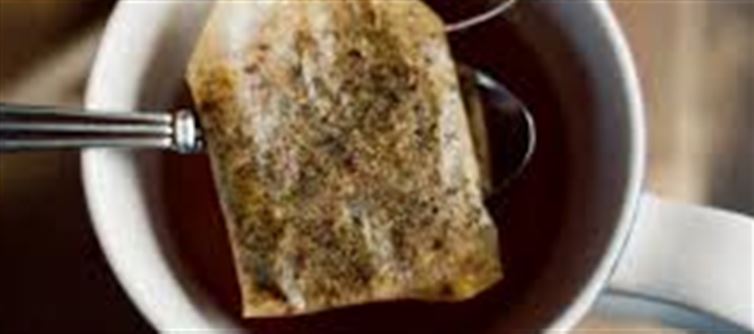
If you’ve been dreaming of thick, shiny, and healthy hair but want to skip harsh chemical treatments, your solution might already be in your kitchen. Yes, tea water isn’t just for sipping—it’s a natural, affordable, and highly effective hair tonic. Packed with caffeine, antioxidants, and essential nutrients, it nourishes your hair from root to tip. Here’s why you should make tea water a part of your hair care routine:
1. Stimulates Hair Growth Naturally
Caffeine in tea water isn’t just for keeping you awake—it works wonders for your scalp too. By stimulating hair follicles and improving blood circulation, tea water ensures that your roots get more oxygen and nutrients. The result? Stronger, faster-growing hair that looks healthy and full.
2. Minimizes Hair Fall
Say goodbye to those dreaded hair strands on your pillow. Regular use of tea water nourishes the roots and strengthens hair shafts, reducing breakage. Over time, consistent application can significantly cut down on hair fall, giving you fuller, thicker locks.
3. Darkens Hair and Covers Greys
For anyone dealing with premature greying, black tea can be a natural lifesaver. Its natural pigments gently darken hair, blending in white strands and giving a more youthful, shiny appearance—without resorting to chemical dyes.
4. adds Instant Shine and Softness
Dull, lifeless hair can be transformed with just a tea water rinse. Acting as a natural gloss, it smooths the hair cuticle, making strands softer, shinier, and more manageable. Your hair will bounce with vitality after every wash.
5. Fights Dandruff Effectively
Tea water’s antioxidants and anti-inflammatory properties help calm an itchy, flaky scalp. By reducing irritation and controlling excess dryness, it offers a gentle, chemical-free solution for dandruff problems.
6. Prevents Split Ends Naturally
Weak hair often leads to frustrating split ends. The nutrients in tea water strengthen strands and improve elasticity, reducing brittleness and preventing those pesky splits. Healthier hair means fewer trips to the salon for trims.
7. Balances Scalp Oil
Overly oily scalps can weigh down your hair. Tea water helps regulate natural oil production, keeping your scalp fresh and preventing clogged pores. The result is lighter, cleaner, and more voluminous hair.
8. Reduces Scalp Inflammation
If your scalp is sensitive or prone to redness and irritation, tea water can soothe it naturally. Its anti-inflammatory compounds calm inflammation, reduce swelling, and promote a healthier scalp environment.
9. Acts as a Gentle, Natural Conditioner
Why spend on chemical-laden conditioners when tea water works just as well? It locks in moisture, detangles strands, and leaves hair soft and manageable. Consider it your pocket-friendly, all-natural hair conditioner.
10. Strengthens Hair from the Roots
Strong roots are the foundation of healthy hair. Tea water penetrates deep into the scalp, fortifying hair follicles. With regular use, you’ll notice denser, more resilient hair that’s less prone to breakage.
How to Use Tea Water for Best Results
1. Boil 2–3 teaspoons of black or green tea leaves in water.
2. Let it cool to a comfortable temperature.
3. Use the strained tea water as a final rinse after shampooing.
4. Massage gently into your scalp and leave it for 10–15 minutes before rinsing with plain water.
5. Repeat 2–3 times a week for optimum results.
Final Thoughts
Tea water is more than just a kitchen ingredient—it’s a natural elixir for healthier, shinier, and stronger hair. Affordable, safe, and effective, this simple remedy can tackle hair fall, dullness, dandruff, and greying without the side effects of chemicals.
Disclaimer:
The views and opinions expressed in this article are those of the author and do not necessarily reflect the official policy or position of any agency, organization, employer, or company. All information provided is for general informational purposes only. While every effort has been made to ensure accuracy, we make no representations or warranties of any kind, express or implied, about the completeness, reliability, or suitability of the information contained herein. Readers are advised to verify facts and seek professional advice where necessary. Any reliance placed on such information is strictly at the reader’s own risk..jpg)




 click and follow Indiaherald WhatsApp channel
click and follow Indiaherald WhatsApp channel